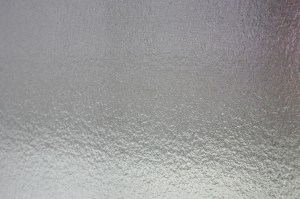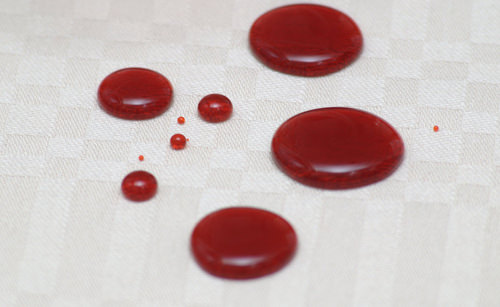How Can A Weak Acid Dissolve Glass? Study Guide
INTRODUCTION:
You must have encountered such artistry on a piece of glass in your day-to-day life. Have you ever wondered how these designs were made? The user makes these designs on glass through a process called “etching of glass.” The ways of producing art on the surface of glass by using acidic, caustic, or abrasive chemicals are referred to as glass etching. The rough surface and transparent appearance of frosted glass are caused by the loss of minute pieces of glass. However, this could only be achieved by using a few very specific chemicals as glass is inert towards most of the chemicals. One such chemical is hydrofluoric acid which is a weak acid.
Wondering what weak acid is? A weak acid is an acid that partly dissociates into its constituent ions in an aqueous solution or water. That being said, let’s get back to our topic and discuss the inertness of glass towards most of the chemicals.
INERTNESS OF GLASS
Glass may be dissolved by acid. Only a few acids, primarily those containing fluorine, are corrosive enough to dissolve glass adequately. Hydrochloric acid does not react with the glass.
WHY IS GLASS NOT AFFECTED BY MOST ACIDS?
Because glass is very resistant to most acids, it is commonly used to store acids. But why is it that most acids do not affect glass?
Because glass has an extremely robust and stable atomic structure, it is unaffected by acid. Due to its strong chemical connections, the most prevalent constituent in glass, silicon dioxide, is a notably non-reactive substance, making glass very resistant to most acids.
Glass dissolving (or any other material for that matter) is essentially the atomic level breakdown of chemical bonds. Except for fluorine-containing acids, most acids aren’t corrosive enough to perform this.
HOW ARE FLUORINE-BASED ACIDS ABLE TO DISSOLVE GLASS?
Because fluorine has a powerful propensity to draw electrons to itself, acids containing fluorine can erode glass (electronegativity).
When a fluorine-based acid like the hydrofluoric acid comes into contact with glass (silicon dioxide), the fluorine atom pulls the electrons closer to itself, breaking the connection between silicon and oxygen and dissolving the glass.
OTHER USES OF HYDROFLUORIC ACID
Hydrofluoric acid has a wide range of applications. It may be used to eliminate rust from laundry items. Purification of aluminum, electroplating, surface preparation for silicon manufacturing processes in electronics, and even as a reagent in synthesizing a wide variety of organic compounds containing fluorine are all major industrial applications (such as Teflon).
On the layer of Teflon, which is commonly used to coat non-stick cookware, spilled wine develops “bubbles,” as seen in the image above.
CONCLUSION:
- Glass may be dissolved by acid. Only a few acids, primarily those containing the element fluorine, are corrosive enough to dissolve glass adequately.
- The process of dissolution of glass is known as the etching of glass.
FAQs:
1. Is there an acid that can dissolve glass?
Hydrofluoric acid is a precursor to practically all fluorine compounds and is hydrogen fluoride (HF) solution in water. It is a colorless, extremely corrosive solution capable of dissolving a wide range of materials and glass.
2. What will dissolve glass?
We disintegrate glass with sodium hydroxide (drain cleaner). Because glass is nearly impervious to chemicals, it is the material of choice for chemical containers and reaction vessels. On the other hand, glass dissolves when exposed to molten sodium hydroxide.
3. What can hydrochloric acid dissolve?
Hydrochloric acid is used to dissolve various metals, metal oxides, and metal carbonates, similar to how it is used for pickling.
4. Can hydrochloric acid melt plastic?
Plastics don’t react well with acids in general, and acid-resistant plastics are extremely resistant. As a result, hydrochloric acid is incapable of dissolving the plastic.
We hope you enjoyed studying this lesson and learned something cool about Can hydrochloric acid dissolve glass! Join our Discord community to get any questions you may have answered and to engage with other students just like you! Don’t forget to download our App to experience our fun, VR classrooms – we promise, it makes studying much more fun! 😎
SOURCES:
- Uses of hydrofluoric acid. https://www.ck12.org/c/chemistry/acid/rwa/How-Can-A-Weak-Acid-Dissolve-Glass/. Accessed 26 Jan 2022.
- Etching of glass. https://profoundphysics.com/can-acid-dissolve-glass/. Accessed 26 Jan 2022.
- Inertness of glass. https://www.britannica.com/science/hydrogen-fluoride. Accessed 26 Jan 2022.


